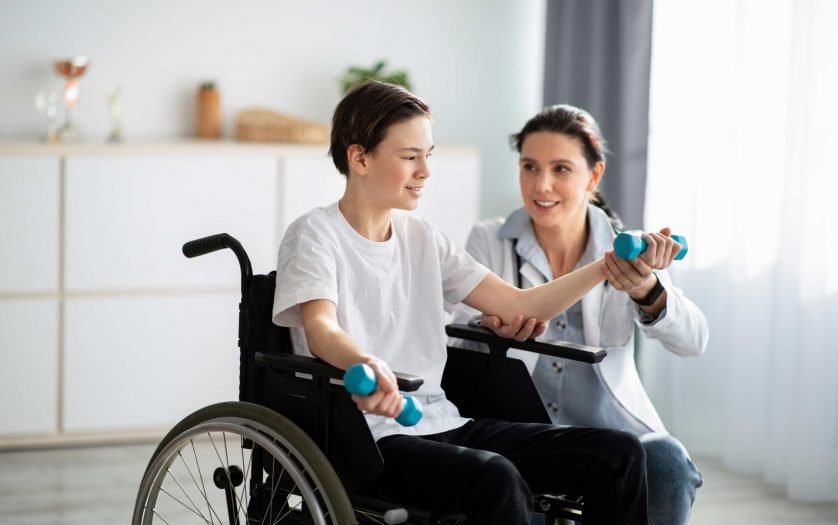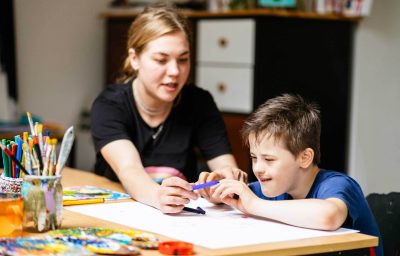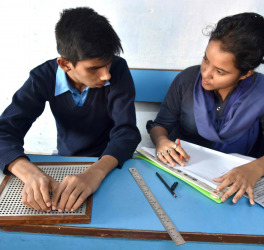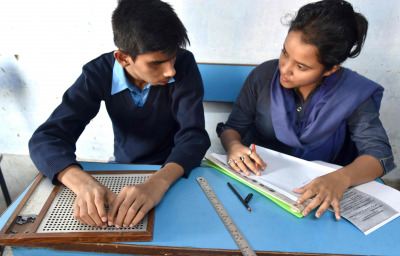
Even when health care researchers make impactful new discoveries, those aren’t always adopted when providers treat patients. To address that challenge, a dedicated field of scientists devote themselves to conducting and implementing research in health care settings.
A five-year, $5 million federal grant will establish a new center at Brown University for training scientists to use this approach specifically to improve care for patients with disabilities and chronic conditions.
The new center — called Learning Health Systems Training to Improve Disability and Chronic Condition Care (LeaHD) — is funded by the federal Agency for Healthcare Research and Quality and the nonprofit Patient-Centered Outcomes Research Institute. The AHRQ defines a “learning health system” as a health system — such as a hospital, clinic or rehabilitation center — in which internal data and experiences are integrated with external research from scholars and researchers. That knowledge is then put into practice in real time in the health system to guide patient care.
The “learning health system” approach is a new way of conducting research that incorporates knowledge and best practices directly into health care, explained Linda Resnik, a professor of health services, policy and practice at the Brown University School of Public Health who leads the new center.
“This approach puts scientists in practice in health systems so the research embarked upon is woven into the health system and will be more likely to be adopted to change care,” said Resnik, who is also a research career scientist at the Providence V.A. Medical Center. “It bridges the gap between science and practice, translates research and knowledge for health care practitioners, and ensures that health services research is relevant and useful — and that it will be prioritized in the health care setting.”
Based at Brown, the center is a collaborative effort of Brown’s School of Public Health, the University of Pittsburgh and Boston University, together with nine health organizations located in Providence and across the country. Scientists will be embedded in a partner health system to conduct research.
The center’s mission is to train researchers to improve the quality of life of persons with disability and chronic condition by addressing inequities in access to effective rehabilitation programs as well as to long-term services and supports.
Chronic conditions affect more than half of adults in the U.S., with 27% having multiple chronic conditions and one in four American adults living with a disability. Resnik notes that chronic conditions and disability are steadily increasing and disproportionately affect adults 65 years and older, people living in poverty, and people from some racial or ethnic minority groups.
“Efforts to address these inequities have never been more important,” Resnik said.
Resnik said that learning health systems scientists may be academic faculty members, health care practitioners, researchers or candidates for postdoctoral fellowships. Scientists seeking to work with the center will be able to apply at the end of January.






